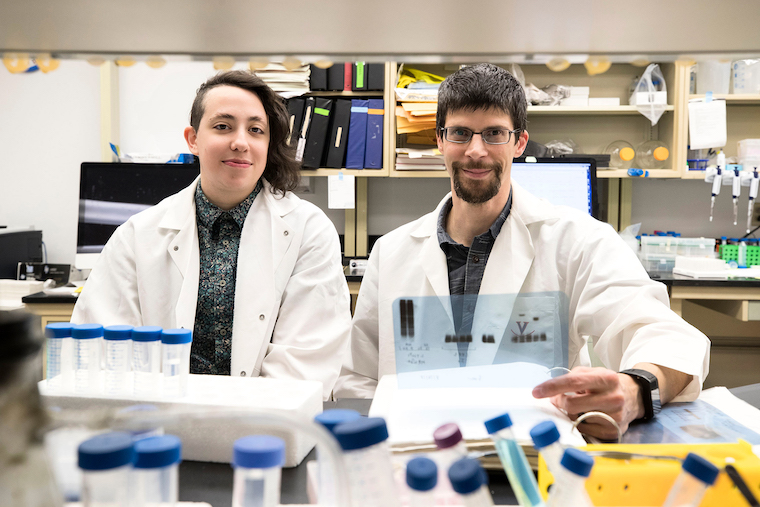I've told you about how a discovery by our Alban Gaultier, PhD, prompted researchers to evaluate a common antidepressant to see if it can keep patients with COVID-19 out of the hospital. Now people all across the United States and Canada can participate in that testing.
Researchers at Washington University School of Medicine in St. Louis have launched a major trial of the drug, and they're seeking 800 participants. You don't need to live near St. Louis -- they'll send everything you need to your doorstep.
The trial is open to people who have at least one risk factor for severe COVID-19, such as being 40 or older, being part of a high-risk racial/ethnic group (such as African-American, Hispanic, Native American or biracial), or having one or more medical conditions such as obesity, diabetes, high blood pressure, heart disease, a lung disease or an immune disorder such as rheumatoid arthritis. Participants must be 18 and older, have tested positive for COVID-19 and be experiencing mild symptoms.
The trial participants will be provided with either fluvoxamine or a placebo for approximately 15 days. The researchers will track the participants by videochat, email or telephone to determine if the antidepressant provides a benefit and helps keep them out of the hospital.
During brief daily check-ins, participants will report their oxygen levels, blood pressure and temperature, along with whether they are feeling shortness of breath or have any other problems.
The study team will continue to follow the participants for approximately 90 days after they have finished taking fluvoxamine or the placebo.
The Washington University researchers were inspired to test the drug after Gaultier and a graduate student, Dorian A Rosen, found last year that the antidepressant fluvoxamine may stop the deadly inflammation known as sepsis. Perhaps, the Washington University researchers thought, it would also be useful against COVID-19, which can cause dangerous immune overreactions.
“If this clinical trial is proven successful, fluvoxamine could become a standard treatment for patients newly diagnosed with COVID-19, especially patients at risk,” said Gaultier, of our Department of Neuroscience and its Center for Brain Immunology and Glia (BIG Center). “Even the best vaccines do not protect 100% of the population, and discovery of safe and affordable treatments to prevent COVID-19-associated complications is critical.”
If you're interested in participating, you can learn more at stopcovidtrial.com.
